Block: 57
Timestamp: 12:28:45

AuditProfile
Security blog
Protocol and referral fee would be permanently stuck
If there's a fee mechanism in a protocol, you should always check: where it goes, who's responsible, and whether a contract has the necessary approvals for transfer.
Here is a small bug found in the Curves protocol.
During the sale of a token Curves._transferFee subtracts all the fees from the selling price and transfers the remaining to the seller:
function _transferFees(
address curvesTokenSubject,
bool isBuy,
uint256 price,
uint256 amount,
uint256 supply
) internal {
(uint256 protocolFee, uint256 subjectFee, uint256 referralFee, uint256 holderFee, ) = getFees(price);
{
bool referralDefined = referralFeeDestination[curvesTokenSubject] != address(0);
{
address firstDestination = isBuy ? feesEconomics.protocolFeeDestination : msg.sender;
@> uint256 buyValue = referralDefined ? protocolFee : protocolFee + referralFee;
uint256 sellValue = price - protocolFee - subjectFee - referralFee - holderFee;
(bool success1, ) = firstDestination.call{value: isBuy ? buyValue : sellValue}("");
...
}
...
}However, the protocolFee taken away is not transferred to the protocolFeeDestination in the remainder of the _transferFee function. It stays back in the contract with no other of way of retrieval.
Furthermore, referralFee is taken away without checking if a referral address actually exists. This leaves the referral fee in the contract, again no retrieval mechanism.
So if you have such a mechanism in your protocol, check now to see if it has the same problem.
#fee
#transfer
#refferal
Study for free

Cyfrin Updraft
Completely free courses

RareSkills Tutorials
Learn more about the blockchain world

Smart Contract Programmer
Free education videos
Awesome Books
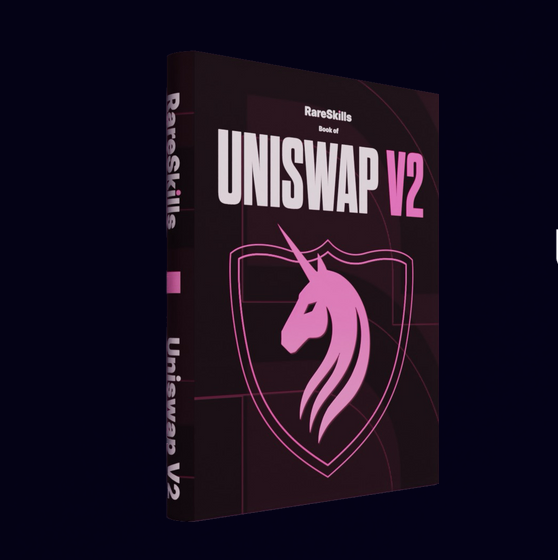
Uniswap V2 Book
by RareSkills
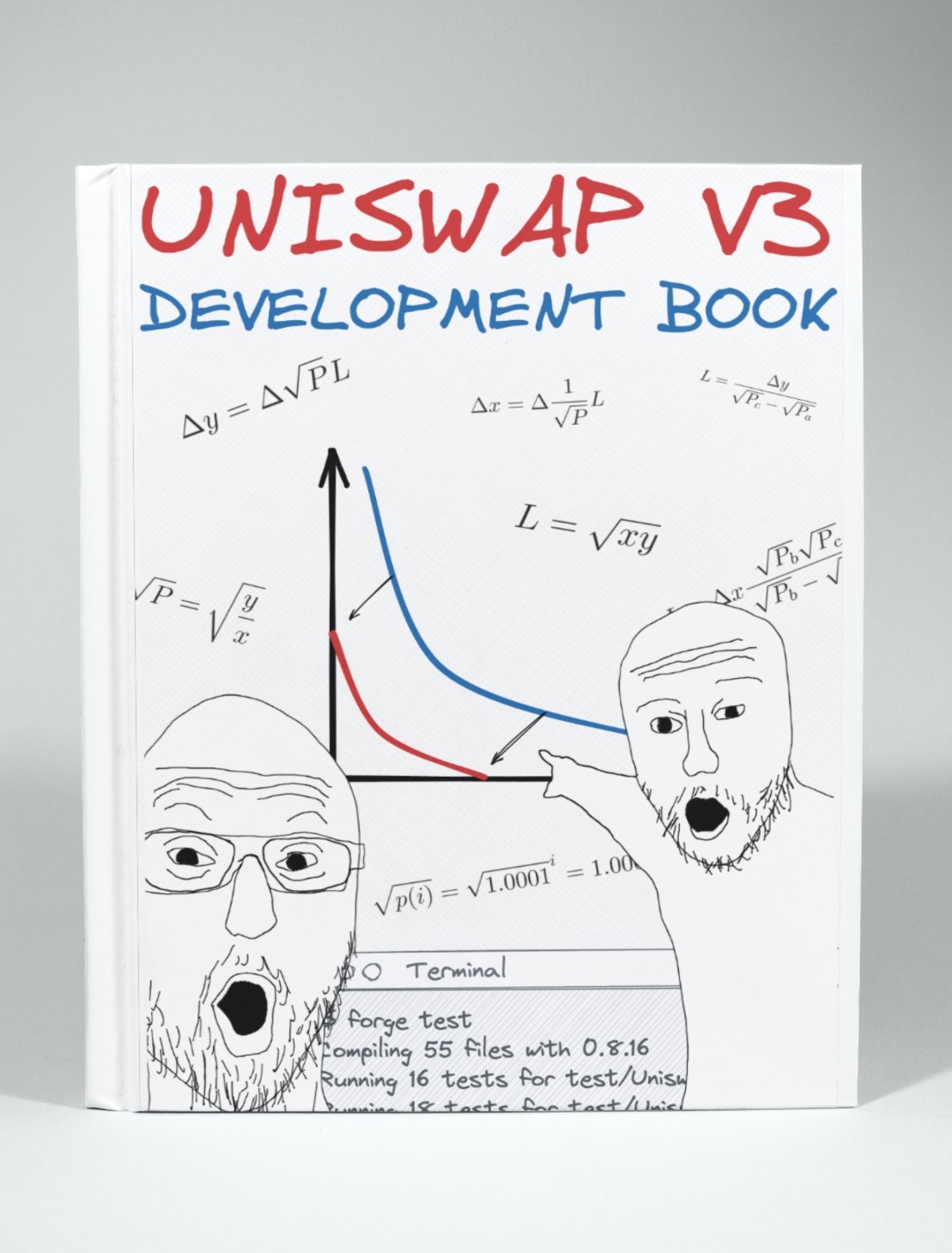
Uniswap V3 Book
by Jeiwan

Compound Book
by RareSkills

ZK Book
by RareSkills

Ethereum Book
by Andreas M. Antonopoulos, Gavin Wood
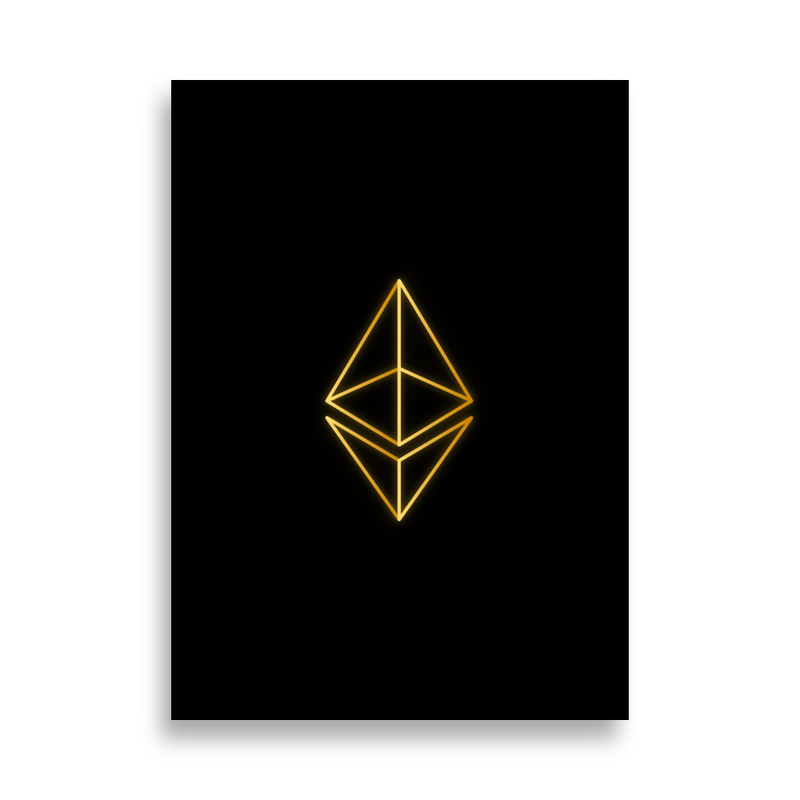
Beigepaper
by Micah Dameron
Useful tools
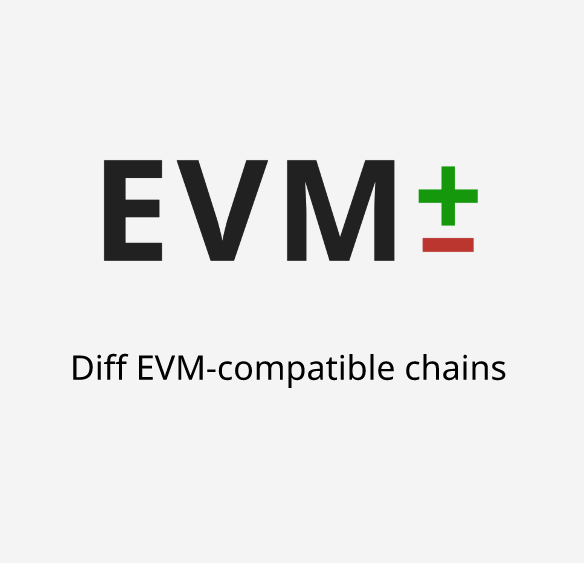
EVM diff
Compare execution layer differences between chains
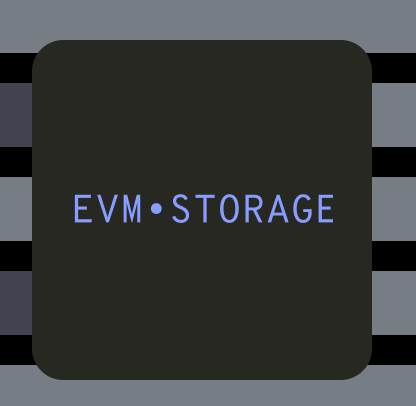
EVM storage
Dive deep into the storage of any contract

